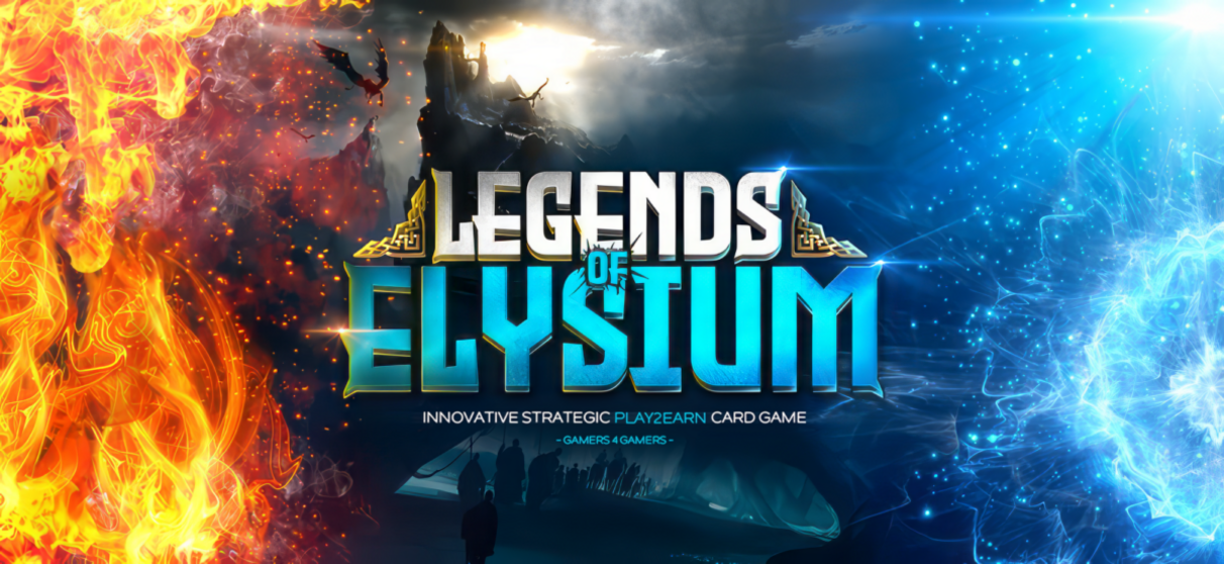Predicting the Rising Value of Trading Card Games Assets
Trading card games, often abbreviated as TCGs, offer a fascinating mix of strategy and fantasy. They’re incredibly popular across the globe, and they serve up an imaginative getaway while demanding complex strategies to win. One game that’s been causing a stir in the TCG world is Legends of Elysium, or LoE. Yet, of late, the burgeoning prices of trading cards within these games have been a hot topic of conversation – not just among devoted players, but also amongst potential investors. In this blog, we’re going to examine decision tree analysis – a technique that could potentially forecast these price spikes.
Trading card games have captured the hearts of many – from casual enthusiasts to die-hard gamers, and even aficionados of fantasy tales, thanks in no small part to their sophisticated gameplay, intricately woven backstories, and striking visuals. The collectible aspect of these games, where the scarcity and popularity of certain cards fuel prices, has not only encouraged more people to play but has also positioned these as an avenue for investment. However, predicting price jumps has always been a challenging skill to acquire – until now. We’re going to investigate the notion of decision tree analysis, and how this might be our hidden arsenal in anticipating these unpredictable price surges.
A paper titled “Prediction Soaring Price by Decision Tree Dealing” was published in the International Journal of Digital Society in 2023, offering detailed insights and statistics about the trading card game market. The paper specifically focuses on forecasting price surges using decision tree methodologies. The authors of this study present a solution for tackling imbalanced data, which can greatly skew the price forecasts in TCG markets.
The research began with a preliminary experiment, highlighting the importance of managing imbalanced data when predicting TCG market values. Without adequate treatment of this data, the resultant decision tree models were mainly inaccurate. This conundrum led to the primary focus of their study, which is handling imbalanced data effectively.
The researchers collected data for 43,535 TCG cards, with prices up to the 18th of June 2022. They omitted game-specific and certain special cards from their analysis to prevent distortion of the results. They classified cards as ‘soaring’ if they experienced a price increase of 1.5 times or even more than the lowest price. Nonetheless, this was confined to the price range of 1 to 150 USD to minimize the effect of exorbitantly high-priced cards. They proposed three distinct methods for dealing with imbalanced data, including Synthetic Minority Over-sampling Technique (SMOTE) for oversampling, random undersampling, and a cost-sensitive method.
Fascinatingly, all three tactics enhanced prediction accuracy according to the imbalanced data. The conclusions demonstrated that both the undersampling and the cost-sensitive method rendered a more accurate forecast, prompting the authors to advocate these strategies for upcoming research and price prediction in this sector. They also suggested a tailored approach for each price category and specific models for various price brackets to achieve more precise predictions.
Legends of Elysium offers a contrasting viewpoint on the TCG market compared to this study’s approach. Whilst LoE accentuates an enthralling fantasy realm and strategic play to draw participants, this study underscores the significance of data analytics and prediction models to understand and anticipate market tendencies in the future. Each perspective is vital in its own right: the enthralling tale and strategic components of LoE add to its popularity and demand, which can, in turn, influence market values. Meanwhile, data analytics and predictive frameworks like decision tree analysis provide insight to decode and presage these shifts in market value.
To wrap up, the study offers enlightening snapshots into the TCG marketplace, especially with regard to forecasting price escalations. The methods put forward for managing imbalanced data could profoundly benefit all stakeholders in the TCG arena, encompassing gamers, collectors, and traders. Furthermore, by contrasting this with LoE, it underscores the interplay between game mechanics and market dynamics, thereby underlining the significance of both within the holistic TCG ecosystem.
